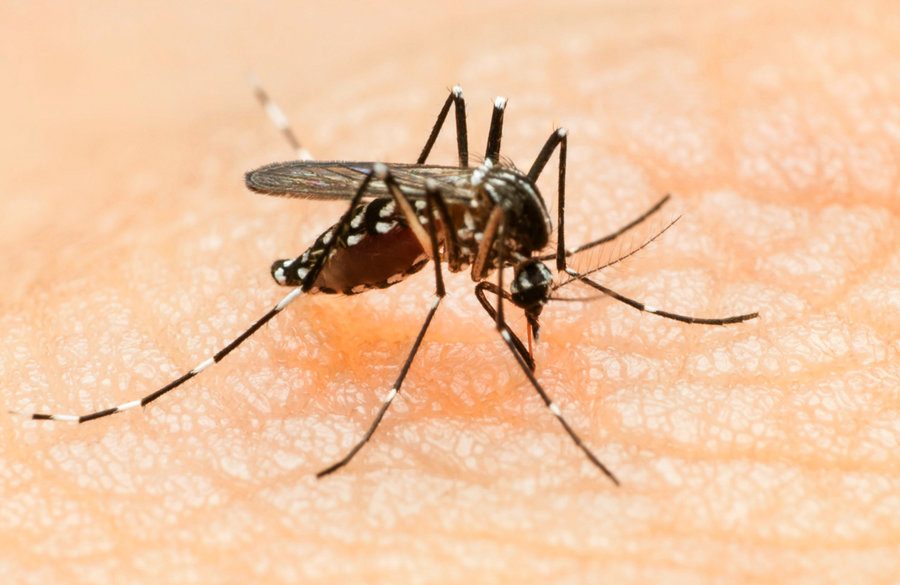
What causes Malaria?
If you ask the average person on the street, what causes malaria, the responses range from mosquitoes, to dirty water, to dirty surroundings. The truth is that all cause malaria directly or indirectly. A bite from a malaria-infected mosquito causes malaria. Drinking dirty water will cause diarrheal and other illnesses, not malaria. However, dirty stagnant pools of water such as backed up gutters are the perfect breeding areas for mosquitoes. Empty containers and old tires cluttering your surroundings collect rainwater and become additional breeding sites for mosquitoes. The mosquito transfers the malaria into the human being while biting and after about 7 – 30 days the person develops malaria symptoms.
Exposure to mosquito bites is the main risk factor for malaria. Those most at risk for severe malaria and its complications are:
- Children
- Pregnant women – because the immune system is suppressed during pregnancy.
- Persons with other health conditions such as HIV/AIDS, kidney disease, and malnutrition
Malaria is endemic in much of Sub-Saharan Africa, which means it is present all year round. The rainy season and hot humid temperatures though, allow mosquitoes to multiply, so malaria cases tend to rise. The rains are about to start in earnest – now is the time to clean up your surroundings and put malaria preventions plans in place for your family.
What methods have been proven to work in Malaria prevention?
- Insecticide Treated Mosquito Nets
- Indoor Residual Spraying with insecticide
- Intermittent Preventive Treatment with antimalarial drugs during pregnancy
The good news is that by using proven prevention methods, 57 countries met the 2015 Millennium Development Goal of 75% reduction in malaria cases.
Africa continues to carry the heaviest malaria burden. However, there has been significant improvement: since 2000, malaria death rates have fallen by more than half (66%) among all age groups, and by almost three quarters (71%) among children under five.
Progress has been made possible through the massive rollout of effective prevention and treatment tools. In Sub-Saharan Africa, more than half of the population (66%) is now sleeping under insecticide-treated mosquito nets, compared to just 2% in 2000. We still have a ways to go though.
Here are some common sense malaria prevention tips for your family:
- The single most important thing to do to prevent malaria is to prevent being bitten by mosquitoes. Install mosquito netting in windows and doorways.
- Use long lasting insecticide treated bed nets every night especially for children and pregnant women.
- Eliminate potential breeding areas like stagnant pools of water by filling them with sand; keep your surroundings clear of empty containers and old tires that can collect water; keep water pots and storage containers covered at all times.
- In young children, malaria has a shorter course, often rapidly progressing to severe malaria. Seek treatment for your young child within the first 24 hours of illness.


